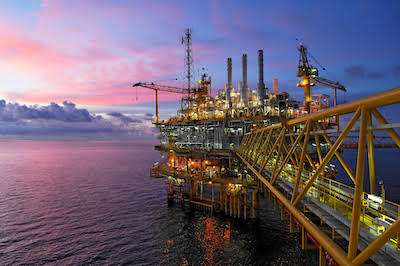Aberdeen-based global engineering and consulting group Wood plc has announced a series of UK North Sea contract awards with key clients — including Shell UK and Dana Petroleum — in the fourth quarter of 2021.
Wood said the contract awards, collectively valued at around $160 million, will see the group leverage its expertise in North Sea energy infrastructure to partner with clients to optimise operations, increase production efficiency and drive decarbonisation.
“A new three-year contract between Shell UK and Wood grows a multi-decade relationship to ensure the delivery of brownfield engineering, procurement and construction solutions across the company’s onshore St Fergus and Mossmorran terminals, as well as the Nelson, Gannet and Shearwater offshore assets,” said Wood.
“With Dana Petroleum, Wood continues its almost ten-year relationship to agree a three-year contract with options for extension to deliver operations and maintenance solutions across the Western Isles and Triton FPSOs.
“These contract awards close a successful year for Wood in the UK North Sea, following the announcement of several other long-term contract awards throughout 2021, including with Spirit Energy and TAQA, as well as Shell and NAM in the Southern North Sea.”
Craig Shanaghey, Wood’s President of Operations for Europe, Middle East, and Africa, said: “The energy industry has been significantly challenged throughout the pandemic, putting pressure on asset operators and the supply chain to ensure security of energy supply under extraordinary circumstances.
“Throughout 2021 we have secured valuable contract awards that strengthen our role as a trusted partner for on- and offshore asset operations in the North Sea.
“The awards are recognition of the talent, expertise and capability we have within our team to deliver a positive impact on the operations of critical energy infrastructure in the UK.
“As we collectively, as a society and industry, seek to accelerate the journey towards a net zero future, a huge enabler for our success will be driving down the carbon intensity of the conventional energy production that we still need today.”
